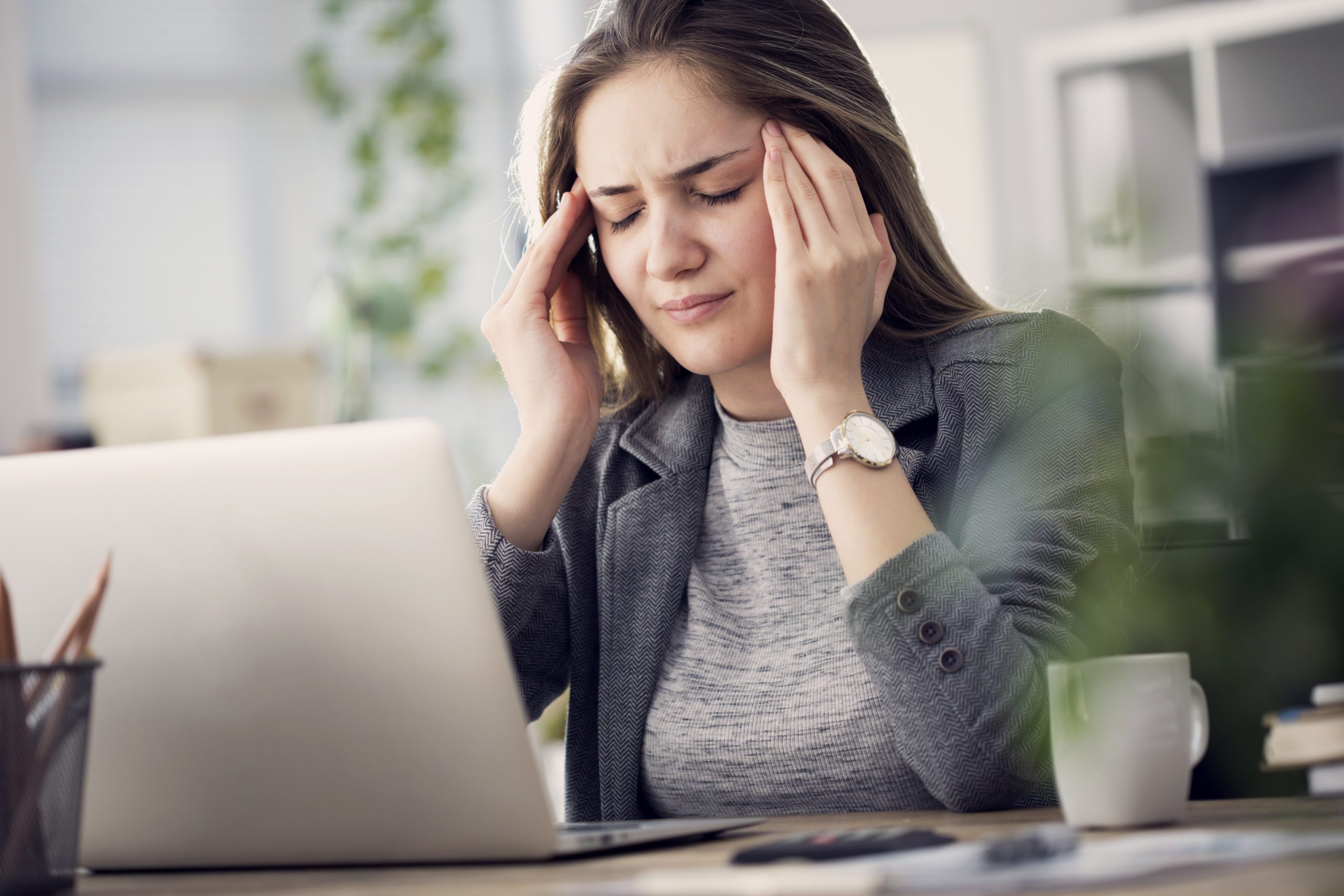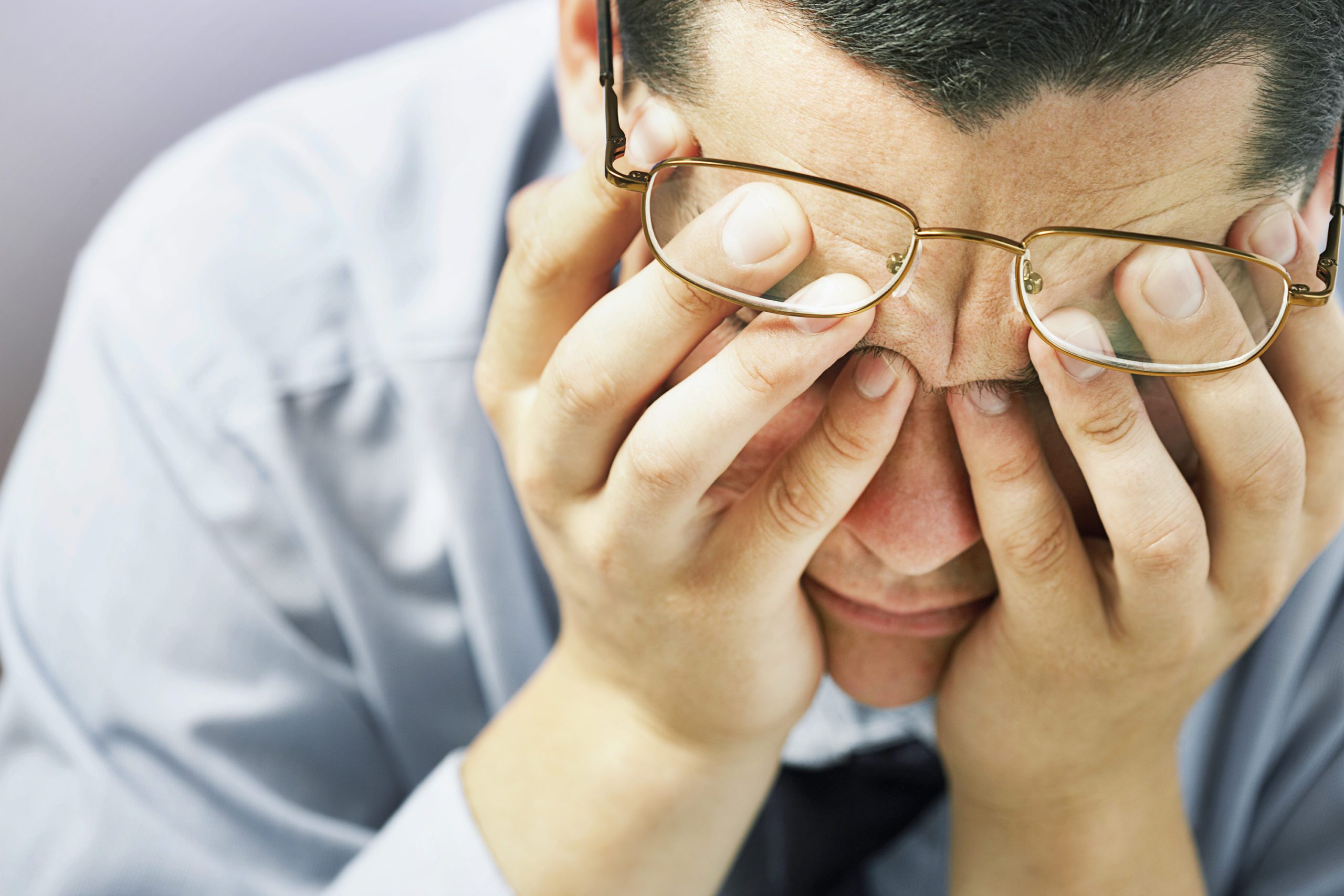A common phrase used to describe the times we live in is “gig economy,” as in the average American is now working multiple “gigs” to keep up with the increased cost of living. And that can mean moonlighting as an Uber driver, freelancing in the evening and all sorts of tasks that expand your work week beyond 40 hours. But how does all of that affect mental health? A new article on The Fix offered some interesting insights.
The truth of the matter is, those who put in longer than average work hours do show more signs of depression (particularly among women). And let’s not forget about the anxiety factor as well. If you now serve multiple bosses, chances are you’re undergoing twice as much stress.
Fix writer Kelly Burch gathered most of this data from a recent study published in The Journal of Epidemiology and Community Health. As lead research author Gill Weston explained, some interesting data arose, but there is still much more to be explored. She was particularly concerned with the stats about overworked women (who were showing a 7.3 percent more likelihood to be depressed after putting in dozens of hours).
“Women in general are more likely to be depressed than men, and this was no different in the study,” Weston explained. “Independent of their working patterns, we also found that workers with the most depressive symptoms were older, on lower incomes, smokers, in physically demanding jobs, and who were dissatisfied at work.”
Sadly, many of the people who do take on extra jobs find themselves in the midst of a thankless profession. Driving an Uber, for example, can put you in front of cranky customers, just as you would experience if you were working an additional part-time retail gig.
The extra jobs usually start off because of a need for more income as well. So we are definitely certain that added bills (perhaps relating to child costs) can trigger some of these depressive feelings.
Though Weston understood that, in many cases, people may not have a choice when it comes to taking on extra work, she did hope that these findings could get in front of employers in the hopes of making them more sympathetic.
“We do hope our findings will encourage employers and policymakers to think about how to reduce the burdens and increase support for those who work long or irregular hours—without restricting their ability to work when they wish to,” she concluded. “More sympathetic working practices could bring benefits both for workers and for employers—of both sexes.”



